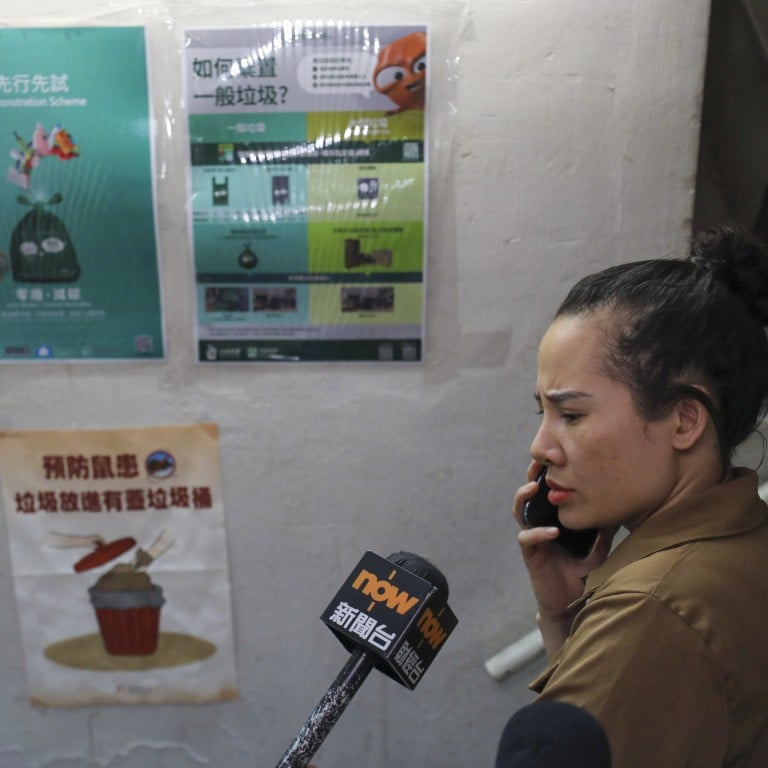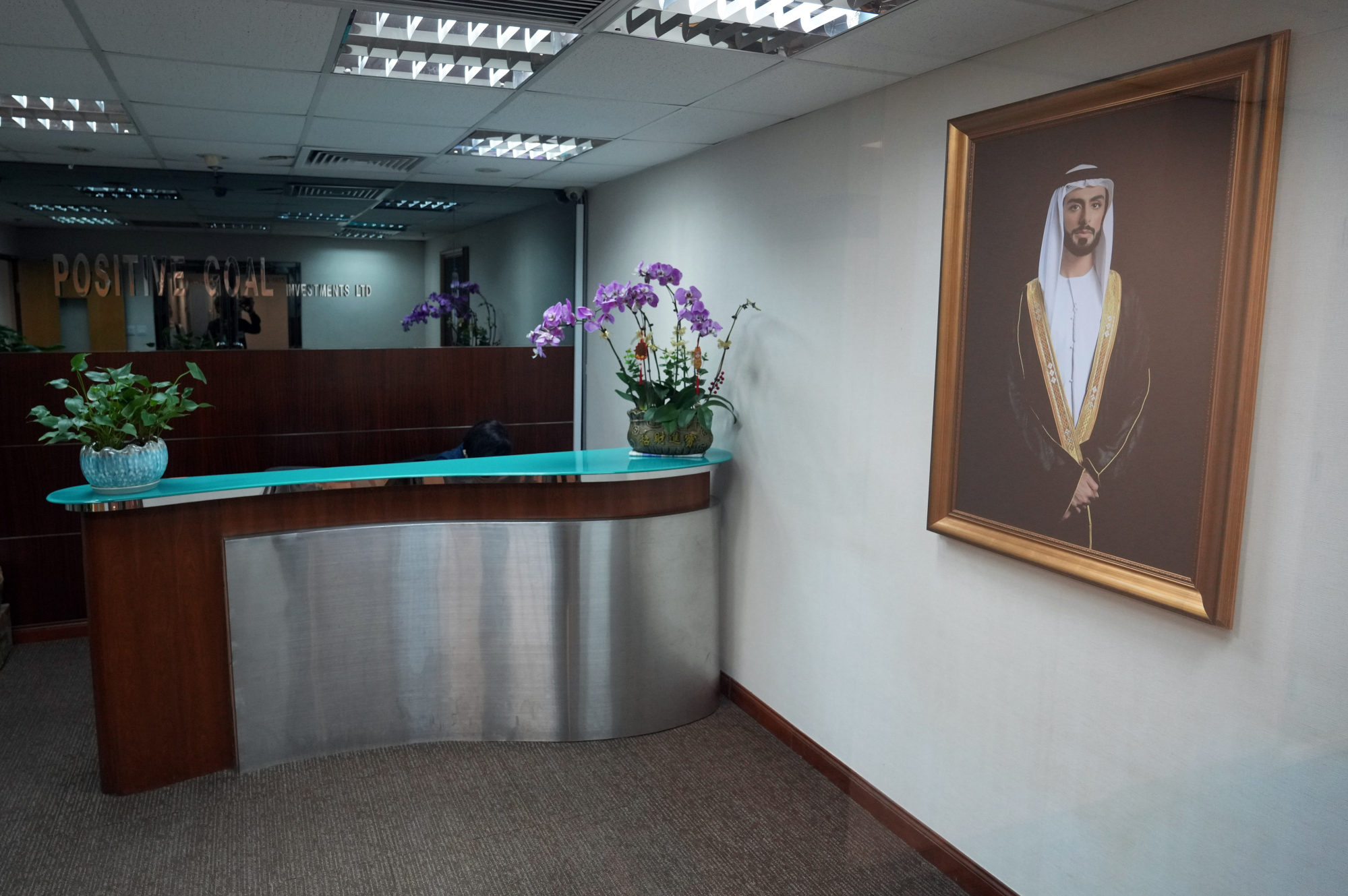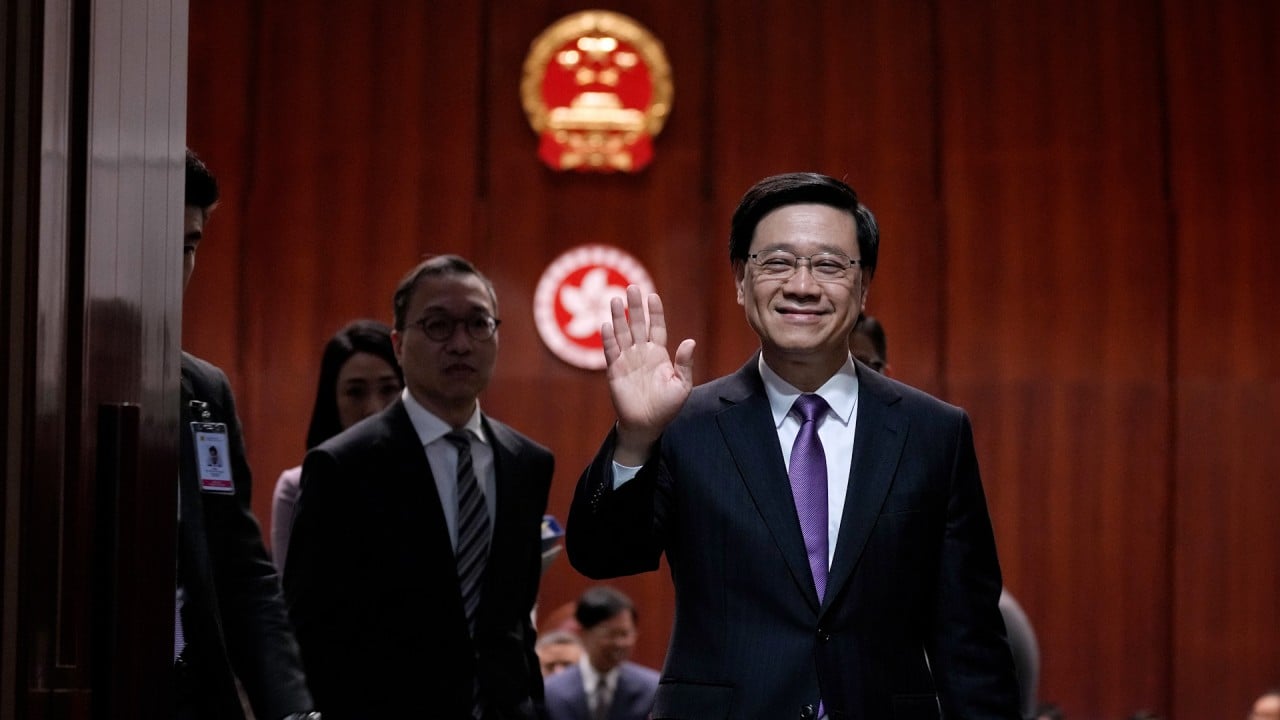
The fact is, Hongkongers are still freely critical of the government
- Contrary to foreign popular opinion, the Hong Kong public and media remain critical of government matters, from waste charging to the ‘Night Vibes’ campaign
I was recently interviewed by a European journalist who doesn’t live in Hong Kong. His pressing questions reflected his perception that residents and the local media are either unable or unwilling to criticise the Hong Kong government.
So, it is understandable that many people overseas imagine that criticising the Hong Kong government for any matter is fraught with peril. However, it is important to note that this is not the case.
I took the opportunity to highlight some recent examples. I pointed out to the journalist that many residents, legislators and local media outlets remain very vocal, regularly conveying different views and asking questions about government policies that they believe should be addressed.
The time frame between implementation and successful operation of the city’s waste management programme will be lengthy. Changing people’s habits, getting them to make lifestyle adjustments and adapting processes to develop the optimum infrastructure can take as long as 10 years.
Outcomes of the trial are expected by May or June. They should provide a clear direction, highlighting key challenges all residents must overcome when the scheme is launched.
Waste charging in Hong Kong: remember, proof of the pudding is in the eating
This is an excellent example of people across Hong Kong debating and actively expressing views that do not align with the government’s position. While I am not in favour of a further delay, I understand the concerns that many members of the community might have about the difficulty of adapting to the new system for waste management.
In this case, the investor’s decision to delay the opening of his high-profile family office sparked questions about his background, commitment to Hong Kong and ability to make investment decisions. The result has been critical media coverage, and embarrassment in government circles.

These are but a few examples of people publicly voicing their opinions, and there are many more instances. So the suggestion that people are afraid to express their views on the Hong Kong government when it comes to local matters is inaccurate.
However, according to an anonymous survey conducted by the Foreign Correspondents’ Club last year, 88 per cent of correspondents and journalists reported a decline in individuals’ willingness to be quoted or to discuss sensitive subjects.
There is undeniably a level of self-censorship as some people would rather avoid certain subjects or public comment for fear of embarrassing the government or upsetting the status quo. There will also be those who wish to stay out of the spotlight and fear judgment by their peers, which is understandable and a personal choice.
Nonetheless, this does not mean that the new national security law prevents people from speaking out on issues related to Hong Kong.
I remain committed to making myself available to members of the community, local and foreign journalists, and the government to share my perspectives and insights, or to provide constructive feedback. I firmly believe that we can discuss issues openly, without fear of retribution, if we have the best interests of Hong Kong at heart.
Bernard Chan is a Hong Kong businessman and former Executive Council convenor


